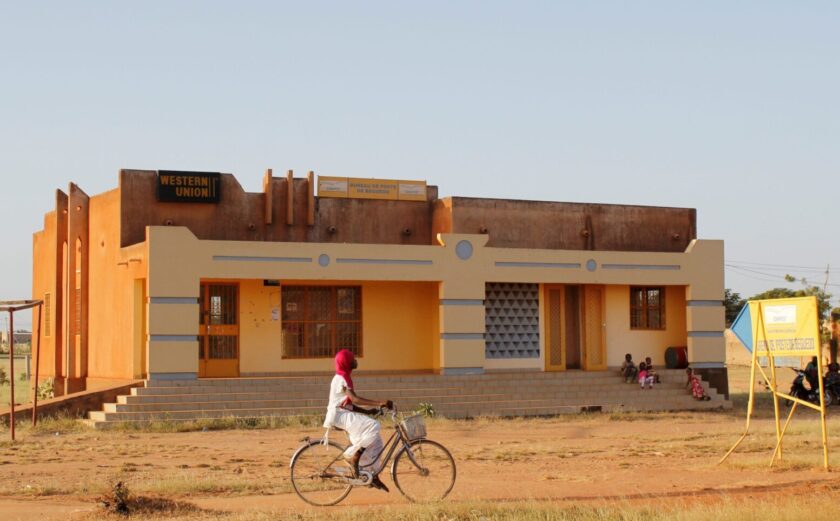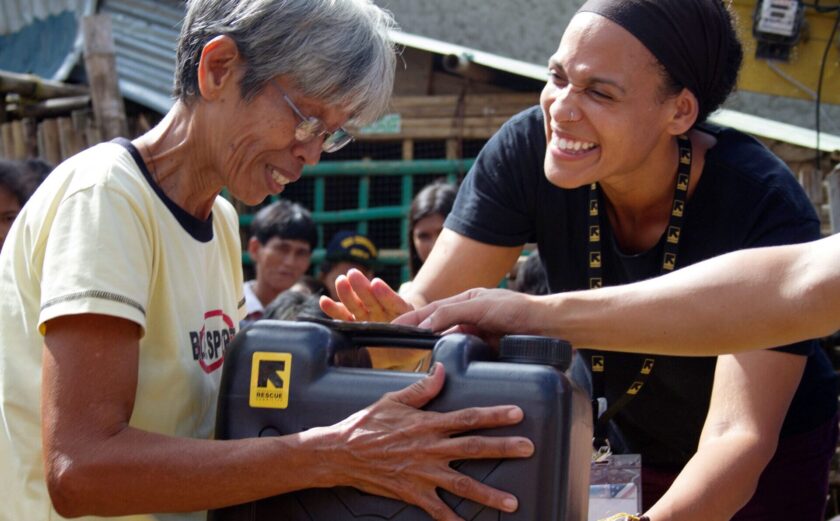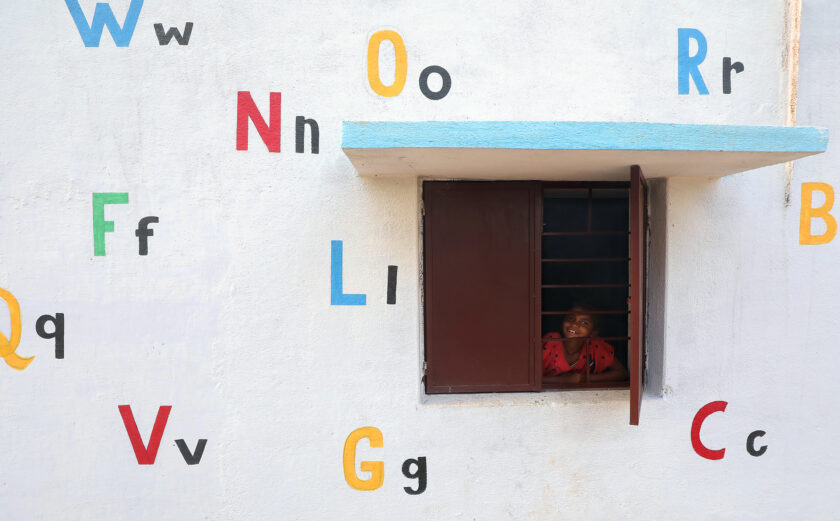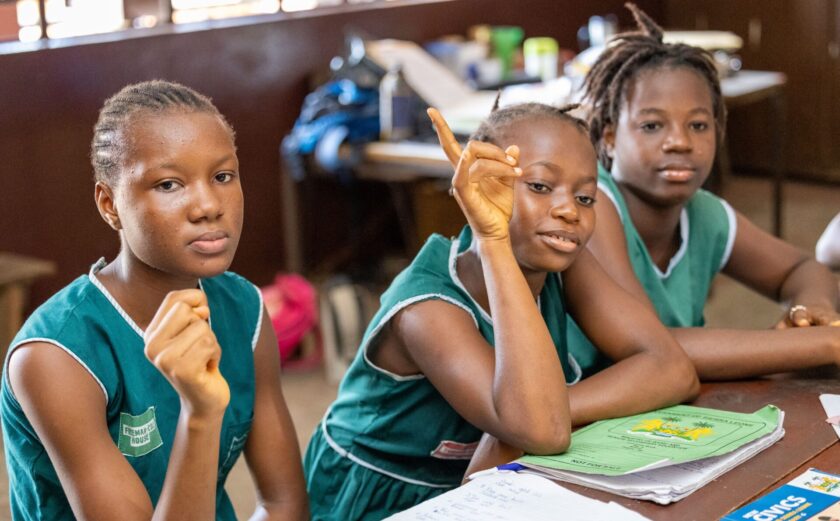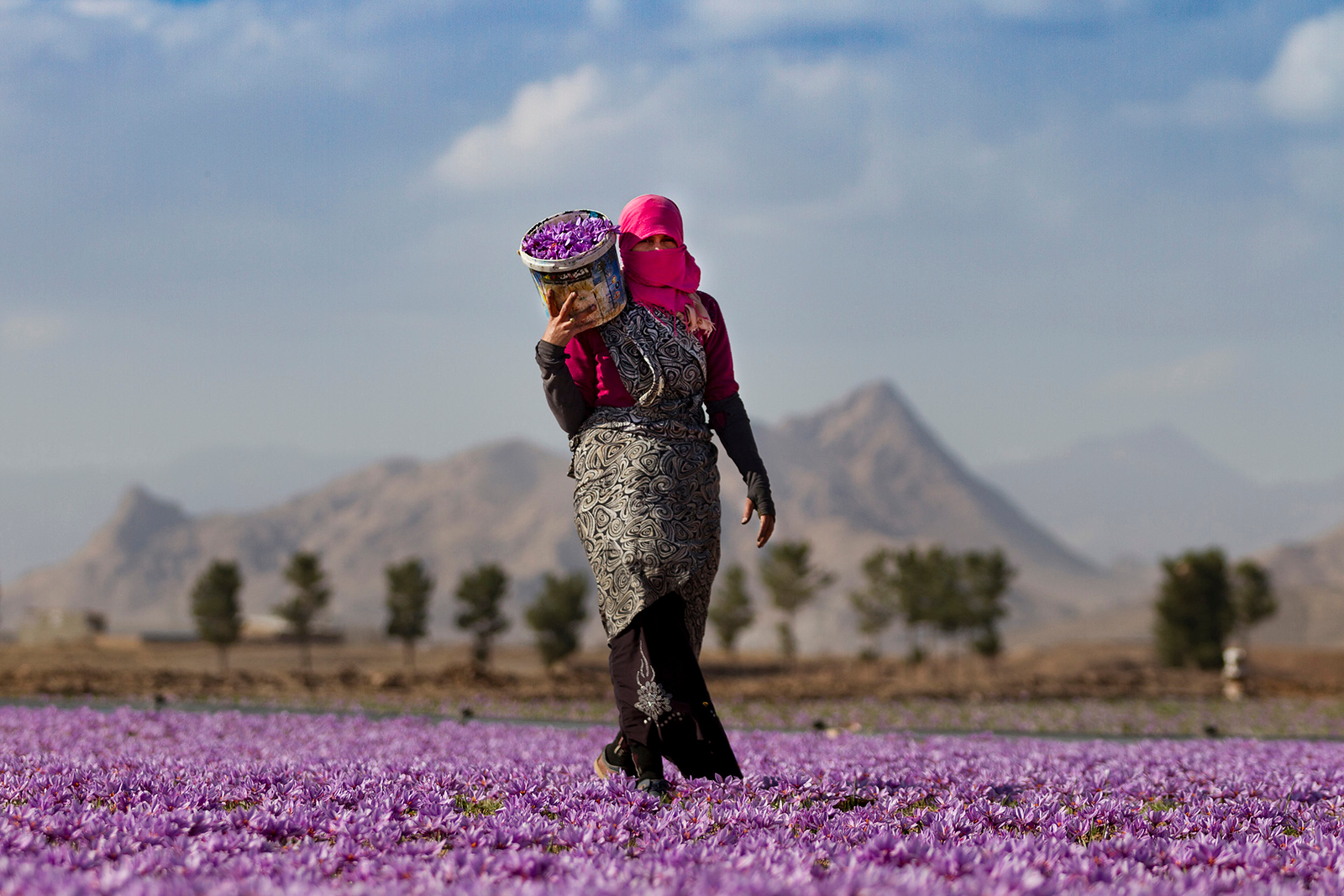
Breaking the Bias
Reflections on International Women's Day
As we celebrate the 111th anniversary of International Women’s Day on March 8th and women’s accomplishments throughout the month of March, it’s important to recognize women’s contributions to society, the economy, and peacebuilding efforts.
The 2022 International Women’s Day Theme, #BreaktheBias, envisions a world that is gender equal and free of bias, stereotypes, and discrimination. A key component of that vision is ensuring that women have equal access to leadership opportunities for personal growth and development. Scholars and policymakers alike cannot deny the powerful forces of women in leadership and the value that women leaders bring into the workplace and beyond as we move further into the 21st century.
From the collective memory of Trümmerfrauen of post-World War II Germany to the mothers and wives that forced peace negotiations in post-civil war Liberia, actions by female leaders have been overshadowed by their male counterparts and tend to go unnoticed and unrecognized despite the immense impact their influence and actions have. Women and the unbreakable bonds they hold with their local communities have been a crucial part of bridging communication divides between aggressors, rebuilding educational and economical societal institutions post-conflict, and furthering the development of technologies in a rapidly advancing global market. Throughout conflicts, women have played key roles in reconstruction and reconciliation practices with the goal of sustainable peace.
In the case of Timor-Leste, a country that struggled for 24-years to build a stable and secure society with resilient institutions, women have taken center stage in the continuing peace and security processes in the country by bringing light to issues they have identified in their own communities. Many of them were active guerilla fighters for independence during the Indonesian occupation from 1975-1999, and have since explored programs to secure communities through collective action, reconciliation efforts with neighboring Indonesia, and by addressing domestic violence in households. For many women in the community, returning to post-conflict peacebuilding efforts by starting local meditation or educational organizations is just the next step in their contributions to Timor-Leste’s lasting independence.
Large strides have also been made in women’s workforce participation. Every year, the World Economic Forum releases a Global Gender Gap Report to identify areas of advancement and struggle while “working towards increasing women’s participation in the workforce, advancing women in leadership roles and developing in-demand skills.” Globally, women continued to struggle to achieve equal representation and participation in the workforce in 2021—standing at a Global Gender Gap score of 67.7% (a statistic based on the population-weighted average for each of the 156 countries included in the World Economic Forum’s 2021 Global Gender Gap Report). Unfortunately, the COVID-19 pandemic has only exacerbated existing gender inequalities. The gap in women’s participation in the workforce has widened by about 0.6 percentage points from the previous report, which can be attributed to the impacts of the pandemic on hiring practices and the additional roles women have had to take on due to their proximity to home and domestic roles like childcare and food preparation. Despite these setbacks, some progress has been made in individual countries. The five “most improved” countries for 2021 include Lithuania, Serbia, Timor-Leste, Togo, and the United Arab Emirates.
Connecting the contributions of women in the peace process and in the formal workplace are only a small step to recognizing the full potential that women possess. As the world continues to battle COVID-19 and its aftershocks, more must be done to ensure that gender equality does not fall to the wayside and that women are given equal opportunities and access to spaces currently dominated by men. Only then can we achieve the mission of International Women’s Day and #BreaktheBias.
